Beyond QuickBooks: 10 Fresh Alternatives to Elevate Your Accounting Game in 2025
Advertisement
Let's be honest—QuickBooks isn't for everyone. Maybe it's the pricing or the constant upselling. Or maybe it just feels clunky after a while. Either way, if you're looking for something that actually fits how you work, you're not alone. Thankfully, 2025 has brought plenty of solid accounting tools to the table. Some are simpler. Some do more. However, all of them offer a different take on what accounting should feel like.
The 10 Best QuickBooks Alternatives in 2025
FreshBooks: Built for People Who’d Rather Be Doing Anything Else
If you’re running a small business and don't want to spend your life inside accounting software, FreshBooks might be worth checking out. It handles invoices, expenses, and payments without making you feel overwhelmed. The mobile app is actually usable—which says a lot. It’s not trying to do everything under the sun, and sometimes, that’s exactly what you need.
Xero: Quietly Capable, Surprisingly Deep
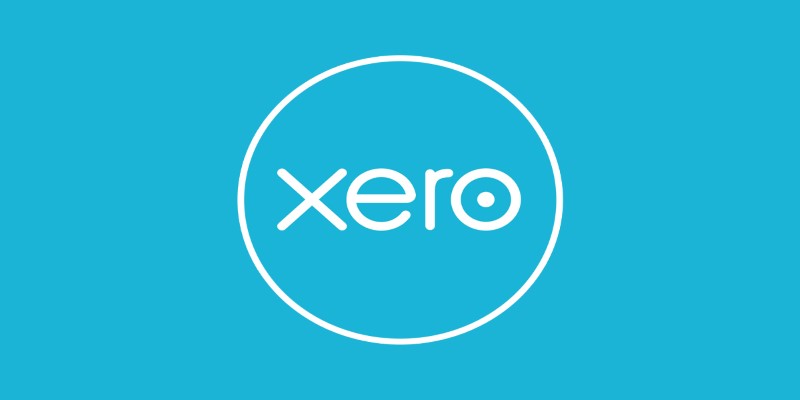
Xero has a habit of sitting in the background and getting things done without much fuss. It handles double-entry accounting, payroll, and bank feeds without trying to steal the spotlight. The layout feels modern without going overboard, and there's a steady stream of updates that make things better, not more complicated. It’s a great pick for folks who’ve outgrown spreadsheets but still want something grounded.
Wave: Free, Functional, and Surprisingly Polished
Wave is free. It's actually free. And not in the "free trial with a credit card" kind of way. That alone makes it appealing, especially for freelancers and very small businesses. You get invoicing, receipt scanning, and expense tracking without needing to upgrade. Sure, it's not stacked with features—but what it does, it does well. You won't find payroll outside the U.S. and Canada, but if that's not a deal-breaker, it's hard to ignore.
Zoho Books: If You’re Already in the Zoho Ecosystem
For those already using Zoho for CRM, email, or project management, Zoho Books slots in nicely. It's not the flashiest option out there, but it does handle accounting in a steady, methodical way. Bank reconciliation is straightforward. Invoicing is flexible. It also plays well with other Zoho apps, which cuts down on the back-and-forth. The pricing also stays reasonable, especially compared to what QuickBooks has been asking for lately.
Sage 50: Old School, but Still Standing
Not everyone is looking for a modern UI and integrations with 50 other apps. Some just want something solid that’s been around. That’s where Sage 50 comes in. It’s definitely not the most intuitive option on this list, but if you're used to traditional accounting software and need depth over design, it checks the boxes. You get inventory tracking, job costing, and multi-currency support—all under one roof.
Bonsai: Freelancers Finally Get Something Built for Them
Bonsai wasn’t made for enterprises or even small teams. It was built for solo freelancers—and it shows. From client contracts to time tracking to taxes, everything feels tailored to how freelancers actually work. There’s even a built-in proposal tool. If your workday flips between creative tasks and admin ones, Bonsai can help you move through both without getting stuck. It’s clean, focused, and doesn’t assume you're running a payroll department.
ZipBooks: Light, Snappy, and Good for Starters
ZipBooks feels like someone trimmed all the excess off traditional accounting software. It launches fast, doesn’t bury you in menus, and keeps the focus on sending invoices, tracking time, and keeping tabs on money coming in. The free plan is actually usable, and the paid ones stay affordable. It's a great pick if you're just starting and don't want to commit to something heavy right away.
FreeAgent: Friendly Enough for Beginners, Robust Enough for the Rest
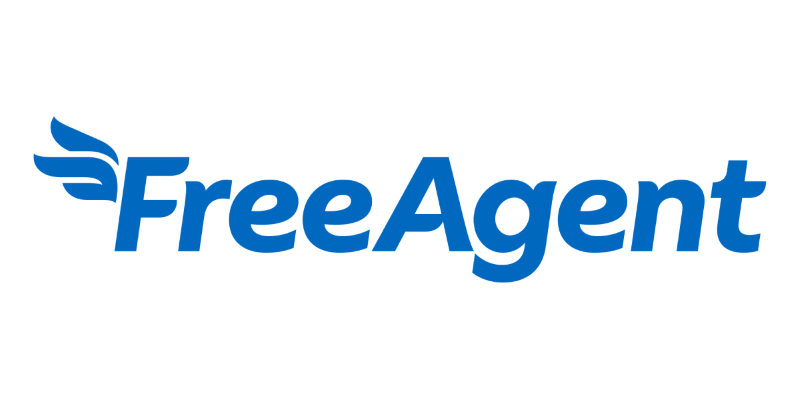
FreeAgent strikes a balance between ease of use and feature depth. The dashboard makes sense even if you’re not an accountant, and recurring invoices, time tracking, and bank feeds are all included. UK-based businesses especially seem to love it, but it’s just as capable for users in the U.S. The support team also gets mentioned a lot in reviews—for actually being helpful, not just for being there.
OneUp: Automation with a Minimal Learning Curve
OneUp automates a lot of the repetitive stuff. Bank transactions get categorized on their own, and inventory updates without a second thought. If you’re someone who’d rather set things up once and let the system run, this might be a fit. It also comes with a built-in CRM, which isn’t something you often see in accounting tools. It’s not as flashy as the bigger names, but it puts in the work.
Quicken: For When Personal and Business Finances Are Tied Together
Sometimes, the line between personal and business spending gets blurry. Quicken leans into that reality. It lets you track both sides of the coin—household budgets and client invoices—in one place. It's not a traditional pick for businesses, but if you’re managing rental properties, side hustles, or a one-person operation, it fits. It’s less about corporate accounting and more about keeping every dollar visible.
Choosing the Right Fit Isn’t About Features Alone
Most accounting tools check off the same list of basics—income tracking, reports, invoicing, and expense management. The difference comes down to how each one handles those tasks. Some are built for simplicity. Others go deeper. The key is to find the one that doesn’t make you dread logging in. That might sound simple, but when it comes to software you use every day, it matters more than any extra feature.
Final Thought
QuickBooks is still out there. And for some, it still works just fine. But if it’s started to feel more like a burden than a tool, 2025 gives you plenty of reasons to try something else. The ten names above all bring something different—whether it’s simplicity, depth, affordability, or focus. It’s not about picking the best one on paper. It’s about picking the one that feels like less work.
On this page
The 10 Best QuickBooks Alternatives in 2025 FreshBooks: Built for People Who’d Rather Be Doing Anything Else Xero: Quietly Capable, Surprisingly Deep Wave: Free, Functional, and Surprisingly Polished Zoho Books: If You’re Already in the Zoho Ecosystem Sage 50: Old School, but Still Standing Bonsai: Freelancers Finally Get Something Built for Them ZipBooks: Light, Snappy, and Good for Starters FreeAgent: Friendly Enough for Beginners, Robust Enough for the Rest OneUp: Automation with a Minimal Learning Curve Quicken: For When Personal and Business Finances Are Tied Together Choosing the Right Fit Isn’t About Features Alone Final ThoughtAdvertisement
Related Articles
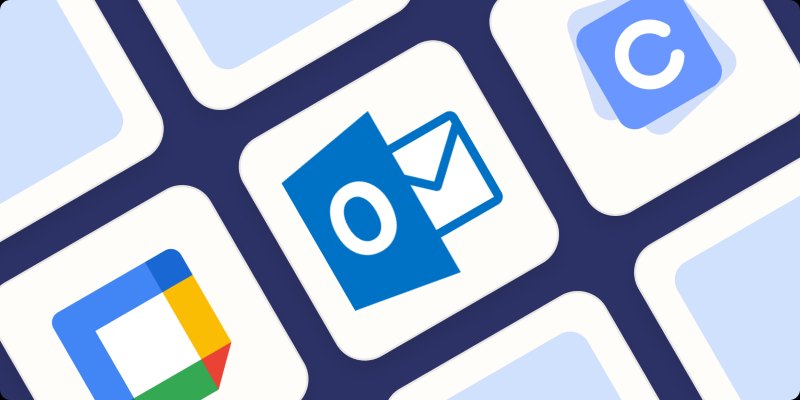
The Best Calendar Apps for Windows in 2025: Stay Organized and On Track
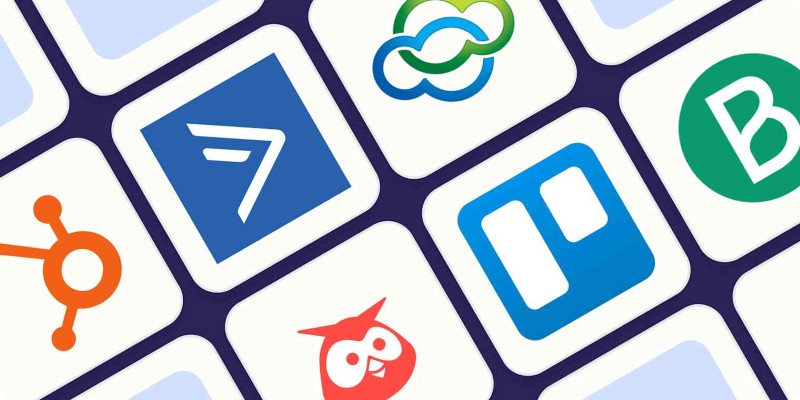
The 10 Best Campaign Management Software Tools in 2025 for Effortless Marketing Success
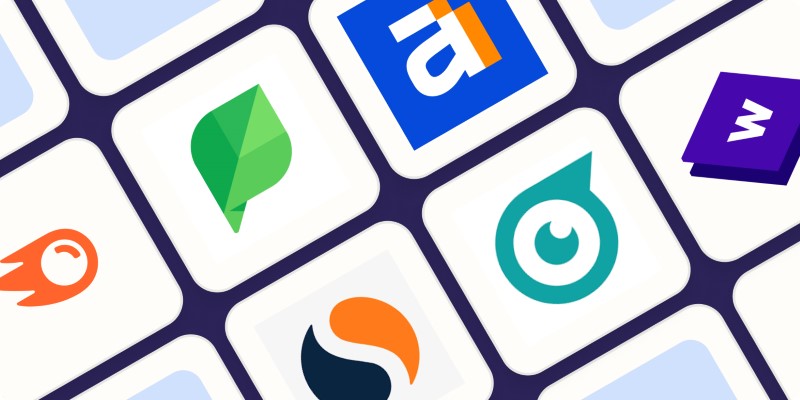
The 10 Best Competitor Analysis Tools in 2025 to Level Up Your Strategy
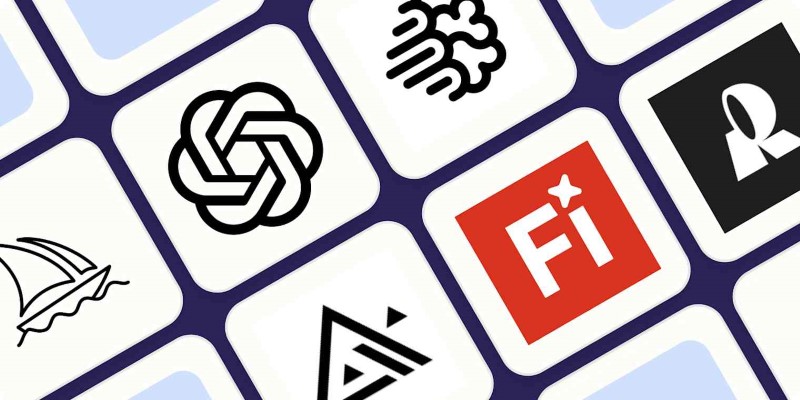
The 8 Best AI Image Generators in 2025 to Bring Your Ideas to Life
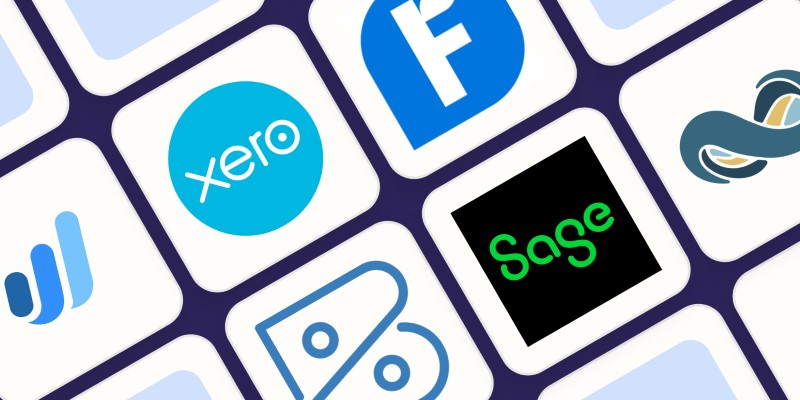
Beyond QuickBooks: 10 Fresh Alternatives to Elevate Your Accounting Game in 2025

The 8 Best Email Apps for iPhone in 2025 to Keep You on Top of Things
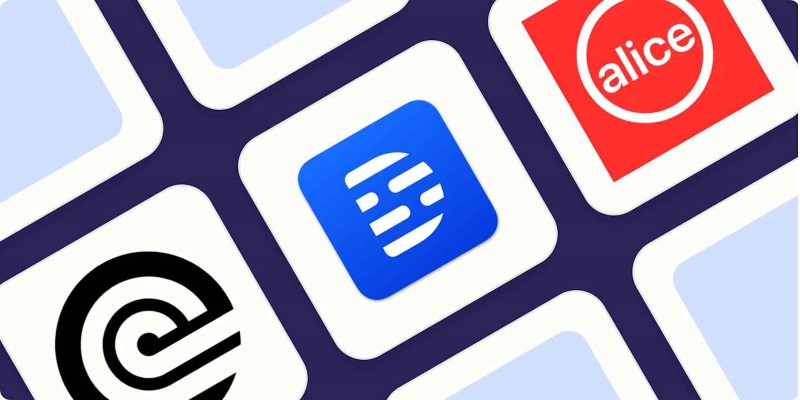
Top Transcription Tools in 2025 That Get the Job Done
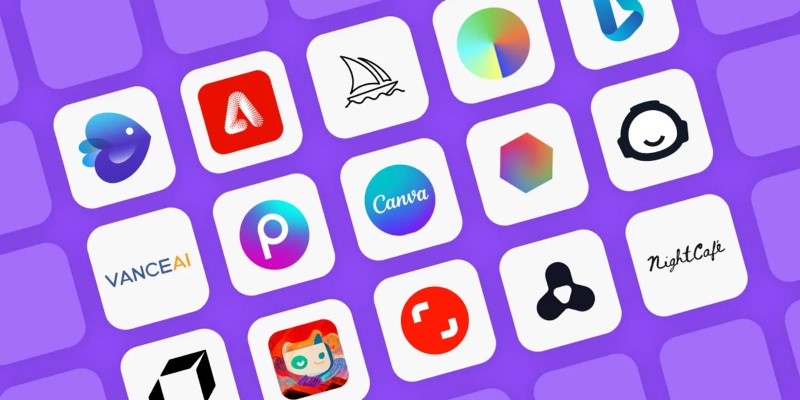
Mind-Blowing AI Art Generators in 2025 That Are Redefining Creativity
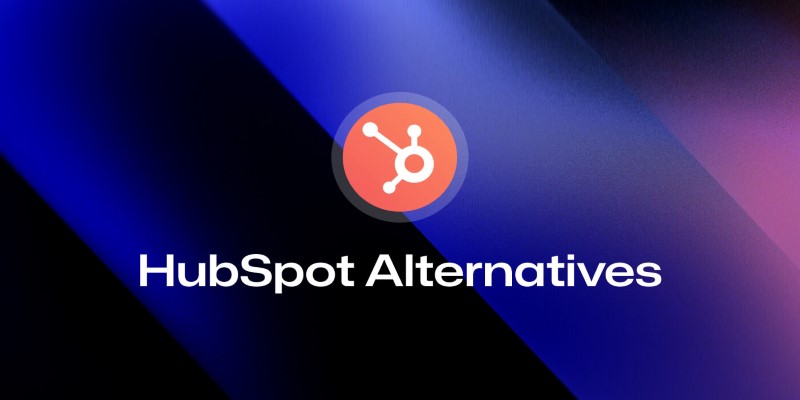
The 8 Best HubSpot Alternatives in 2025 for Smarter Growth and Less Hassle

How to Easily Transfer All Videos and Audio to Your iPod

Meta AI vs. ChatGPT: Key Differences and Which Is Better for You
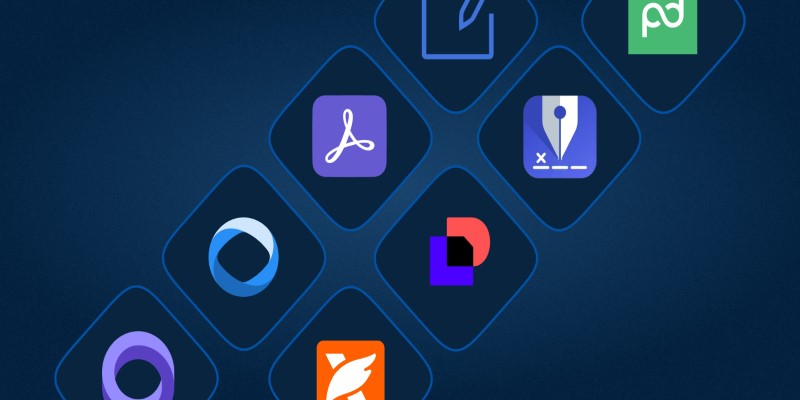
 lameuplay
lameuplay